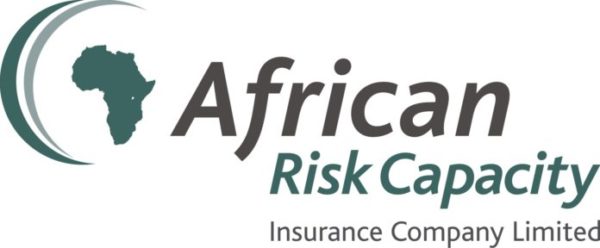The World Food Program (WFP) has initialed its first climate risk insurance policy with African Risk Capacity (ARC).
According to a statement released Thursday, September 20, 2018 by the UN agency, “this insurance policy called” ARC Replica “is designed to allow humanitarian organizations to buy additional insurance policies macro against climate risks.
The same source indicates that “payments are triggered when certain indices, such as low rainfall or reduced vegetation, are confirmed by satellite data”.
“This innovation protects vulnerable households from the onset of a climate shock, helping to break the cycle of endemic poverty. It provides reliable and predictable funding for a rapid humanitarian response to extreme climate shocks, “it says.
WFP emphasizes that “the first countries to benefit from climate insurance coverage, funded by the German government, will be Mauritania, followed shortly by Mali, both of which are subject to recurring droughts”.
Thus, out of the total amount, WFP will receive 5.8 million euros for the purchase of ARC Replica insurance policies for Mali and Mauritania, allowing for rapid humanitarian intervention through payments if necessary.
In the case of a maximum payment, these policies will release $ 15.3 million to provide early humanitarian assistance to 240,000 people.
To ensure that payments reach people in need quickly, WFP develops an operational plan for each country covered, which identifies how resources and assistance will be transported and delivered.
The ARC Replica insurance policy offers a new type of coverage offered by ARC, an African Union body dedicated to risk, which has been providing insurance against extreme weather since 2014.
As a reminder, the CRA plays an important role in responding to country needs in times of crisis by providing timely access to funding for pre-approved rapid response plans developed in collaboration with governments. Its funding supplements other forms of local and international support.
The ARC model has been effective so far and has provided $ 34 million to four countries (Senegal, Niger, Mauritania and Malawi) affected by droughts. These resources have assisted more than two million people and about one million head of cattle.



